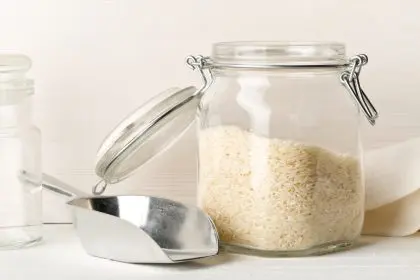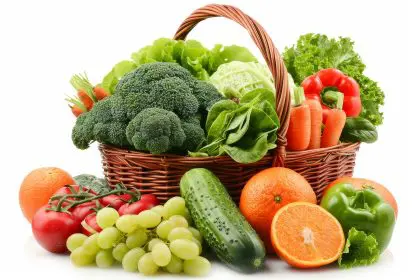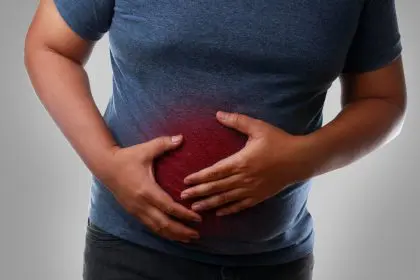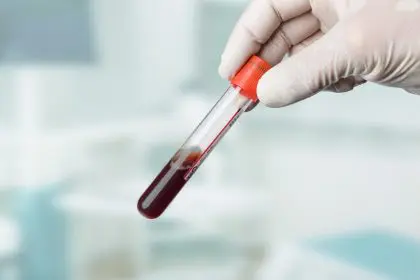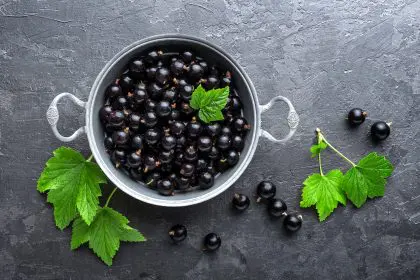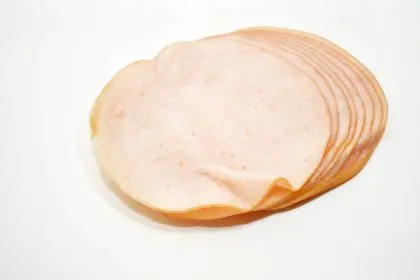Plant-based diets continue to grow in popularity, but many worry about getting enough essential nutrients, particularly iron. This vital mineral plays a crucial role in your body’s ability to transport oxygen through the bloodstream. While many assume red meat is the only significant source of iron, nature offers abundant plant-based alternatives that can effectively meet your daily requirements and help prevent iron deficiency anemia.
The importance of iron in your body
Iron serves as a fundamental building block for hemoglobin, the protein in red blood cells that carries oxygen from your lungs to tissues throughout your body. When iron levels drop, your energy plummets, concentration becomes difficult, and weakness sets in. These symptoms often indicate iron deficiency anemia, which affects millions worldwide.
Your body produces some iron naturally, but rarely enough to satisfy daily needs. This makes dietary sources essential for maintaining optimal iron levels and supporting overall health. The recommended daily intake varies by age and gender, with women generally needing more iron than men due to menstrual blood loss.
11 exceptional plant-based iron sources
- White beans provide an impressive 6.62 milligrams of iron per cup, fulfilling 83% of daily requirements for men and 37% for women. These versatile legumes blend beautifully into soups, complement mashed potatoes, and add substance to chili dishes.
- Lentils deliver 6.59 milligrams of iron per cup, making them nearly identical to white beans in iron content. Their quick cooking time and adaptability make them perfect additions to salads, soups, and grain bowls for everyday meals.
- Cashews contain 6.68 milligrams of iron per 100-gram serving, offering 84% of daily iron needs for men and 37% for women. These creamy nuts add richness to both sweet and savory recipes.
- Kidney beans pack 5.2 milligrams of iron per cup, supplying 65% of daily needs for men and 29% for women. Beyond iron, these beans offer heart-healthy benefits through their anti-inflammatory properties.
- Flaxseeds contain 5.3 milligrams of iron per 100-gram serving, providing 66% of daily requirements for men and 29% for women. These tiny powerhouses also deliver omega-3 fatty acids and fiber.
- Chickpeas offer 4.74 milligrams of iron per cup, meeting 59% of daily needs for men and 26% for women. Their satisfying texture and blood sugar stabilizing properties make them a nutritional superstar.
- Almonds provide 4.01 milligrams of iron per cup of slivered nuts, fulfilling about 50% of daily requirements for men and 22% for women. Their portable nature makes them ideal for busy lifestyles.
- Pumpkin seeds contain 3.67 milligrams of iron per cup, delivering 46% of daily needs for men and 20% for women. Their delightful crunch enhances salads, yogurt, or standalone snacks.
- Fortified cereals typically contain around 3.8 milligrams of iron per cup, providing approximately 48% of daily requirements for men and 21% for women. Check labels for specific amounts as formulations vary.
- Black olives supply an astounding 8.48 milligrams of iron per cup, fulfilling 106% of daily needs for men and 47% for women. Their distinctive flavor enhances Mediterranean dishes.
- Tofu offers 1.03 milligrams of iron per 100-gram serving, meeting 13% of daily requirements for men and 6% for women. While lower in iron than other options, tofu compensates with its excellent protein content.
Maximizing iron absorption from plant foods
Plant-based iron, known as non-heme iron, absorbs less efficiently than the heme iron found in animal products. However, strategic food combinations can dramatically improve absorption rates. Vitamin C-rich foods like citrus fruits, bell peppers, and strawberries can significantly enhance iron uptake when consumed alongside iron-rich plant foods.
For example, adding lemon juice to a lentil salad or enjoying orange slices with your iron-fortified breakfast cereal creates nutritional synergy that helps your body utilize more of the available iron.
Conversely, certain compounds can inhibit iron absorption. Tannins in tea and coffee, calcium in dairy products, and phytates in some grains can reduce iron bioavailability. Consider timing these foods separately from your iron-rich meals to optimize absorption.
Creating iron-rich meal combinations
Transform theoretical knowledge into practical nutrition by creating delicious iron-rich meals. Start your day with fortified cereal topped with vitamin C-rich berries. For lunch, enjoy a chickpea and lentil salad dressed with lemon-tahini dressing. Dinner might feature a tofu stir-fry with bell peppers, or white bean pasta with tomato sauce.
For snacks, trail mix combining pumpkin seeds, cashews, and almonds offers a convenient iron boost throughout the day. Hummus made from chickpeas paired with red bell pepper strips combines iron with vitamin C for enhanced absorption.
Seasonal considerations for iron intake
During colder months, warming iron-rich soups and stews become particularly appealing. A hearty white bean and kale soup delivers both iron and vitamin C. In warmer weather, cold lentil salads with citrus dressing provide refreshing nutrition.
Batch cooking iron-rich legumes weekly ensures you always have convenient options available. Freeze portions of cooked lentils, chickpeas, and white beans for quick meal additions when time runs short.
Special considerations for higher-risk groups
Certain populations face increased iron deficiency risk, including menstruating women, pregnant individuals, growing children, and athletes. These groups may benefit from more intentional iron-rich food combinations and possibly supplements after professional consultation.
Plant-based eaters should schedule regular health check-ups to monitor iron levels, especially during life stages with increased iron demands. Blood tests can identify deficiencies before symptoms become severe.
When to seek professional guidance
While dietary adjustments help maintain adequate iron levels for most people, persistent fatigue or other anemia symptoms warrant medical attention. Health care providers can assess iron status through blood tests and recommend appropriate interventions.
Registered dietitians offer valuable expertise in creating personalized meal plans that address individual iron needs while respecting dietary preferences and restrictions. Their guidance proves particularly helpful during life transitions like pregnancy or adopting plant-based eating patterns.
By incorporating these diverse plant sources into your regular meals and understanding how to optimize absorption, you can successfully maintain healthy iron levels while enjoying delicious, plant-centered cuisine.



